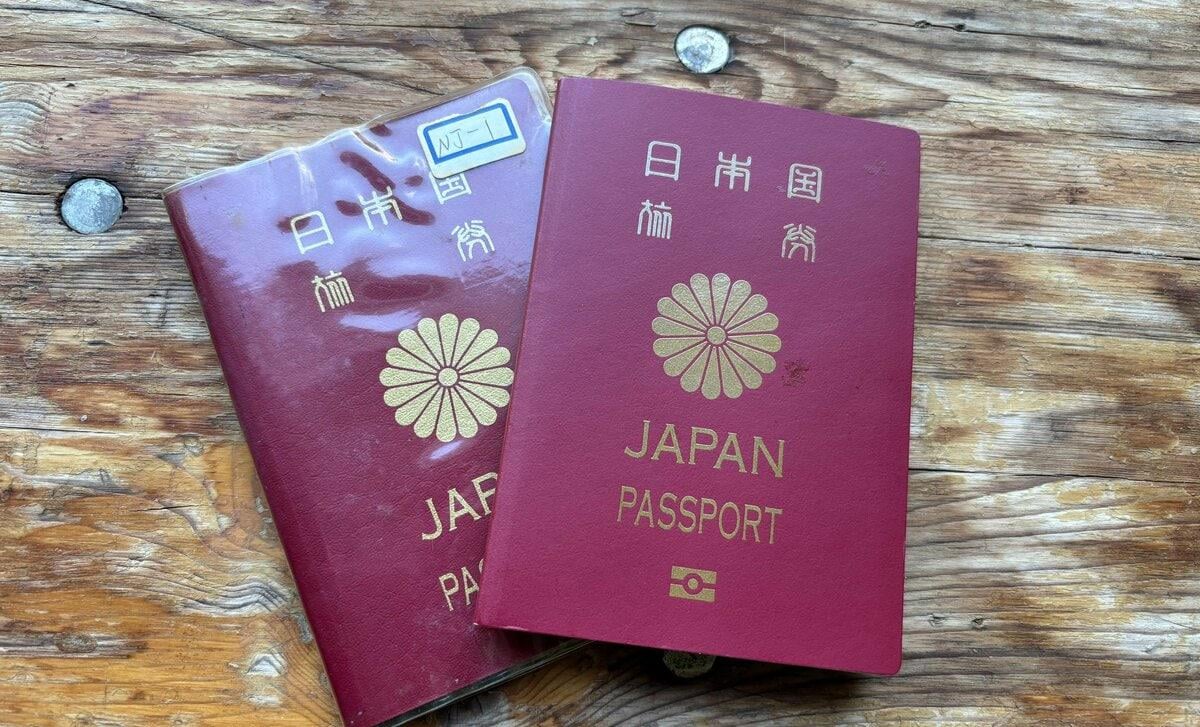
As the number of inbound tourists to Japan continues to rise, the number of outbound Japanese travelers going overseas is struggling to grow. This imbalance could have wide-ranging effects across different fields.
Challenges Facing Outbound Travel
Takayoshi Takahashi, chairman of the Japan Association of Travel Agents, highlighted that Japanese people traveling abroad are less than 70% of their 2019 levels, and passport ownership in Japan is only about 17%, which is extremely low compared to other major countries.
Several reasons contribute to this situation, including the COVID-19 pandemic, the depreciation of the yen, and rising prices. The pandemic has cooled enthusiasm for international travel, and during this time, the reduction in travel agency locations has also limited people’s ability to seek travel advice, Takahashi explained.
Passport Ownership and Barriers to Travel
Many Japanese people are unaware of the low passport ownership rates. Factors such as economic constraints, and the convenience of learning about the world through smartphones instead of actual physical travel are contributing to these trends. Some people find renewing passports to be a hassle, especially if they have no imminent travel plans.
A growing inclination toward domestic travel, especially considering high costs and economic factors, has become more prominent, with some people prioritizing luxury travel within Japan instead of dealing with overseas travel expenses.
Impact on Japanese Youth and International Exposure
The reluctance of young Japanese to travel abroad may have long-term implications for Japan’s international competitiveness. Students looking for international education opportunities, like study abroad programs, have also decreased. Limited budgets for overseas school trips undertaken by municipalities reflect these challenges, with some setting caps on costs.
Personal Reflections and Shifts in Travel Habits
The writer reflects on their own changes in travel habits, noting once frequent trips abroad during student days. Despite not having direct professional benefits from those experiences, the memories and encounters continue to shape perspectives on foreigners and international interactions.
Promoting international travel could offer Japan’s youth valuable exposure, enhancing perspectives and cross-cultural skills, ultimately impacting Japan’s global standing. It requires balancing economic factors with the cultural and social advantages of traveling, which could enrich both personal experiences and national international engagement.
by MagazineKey4532
